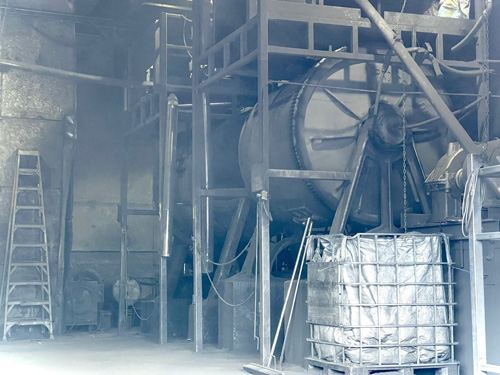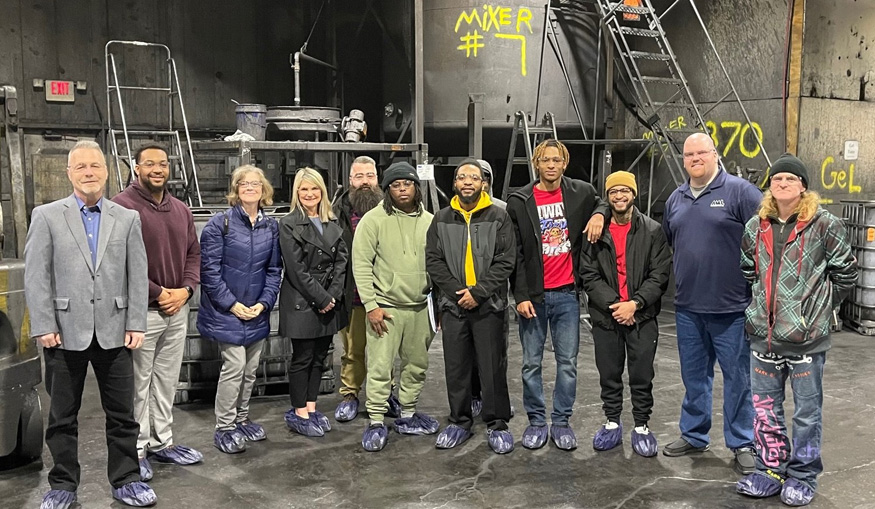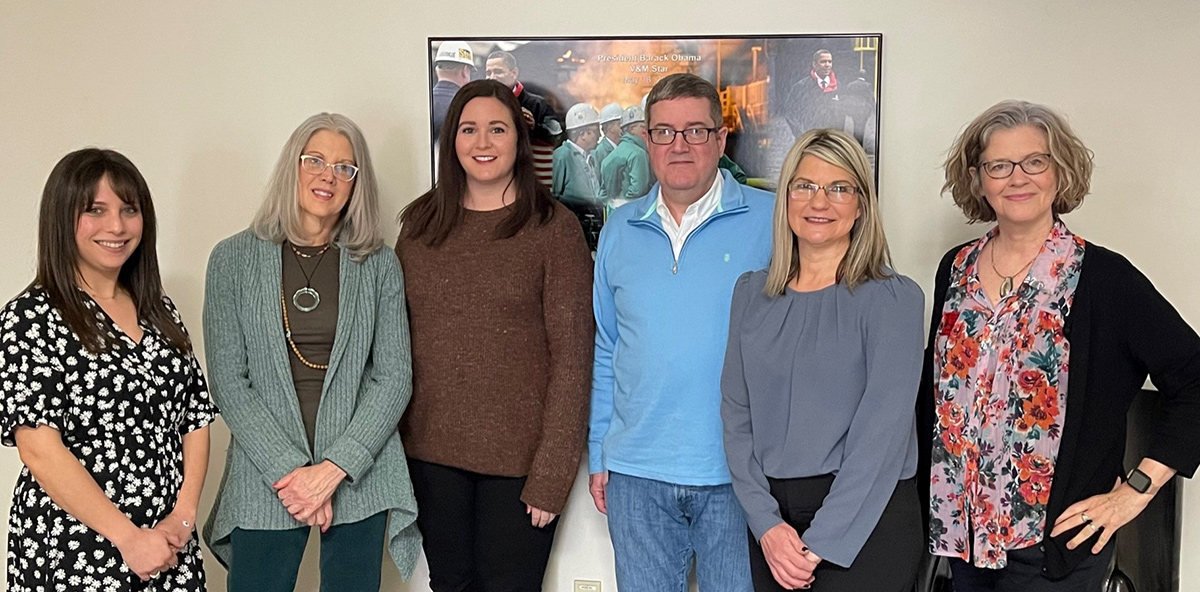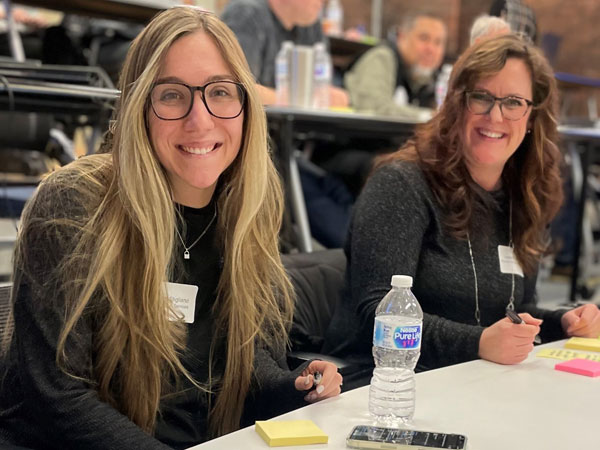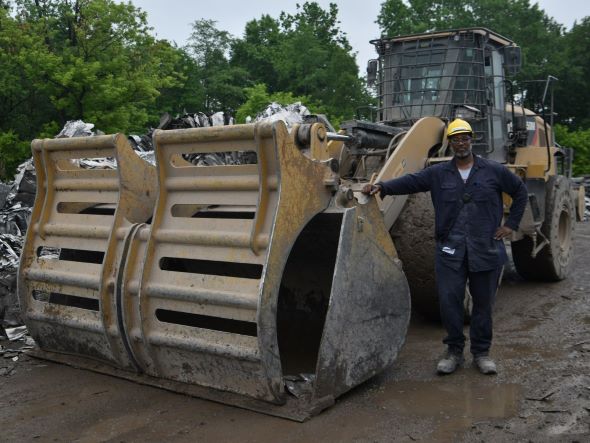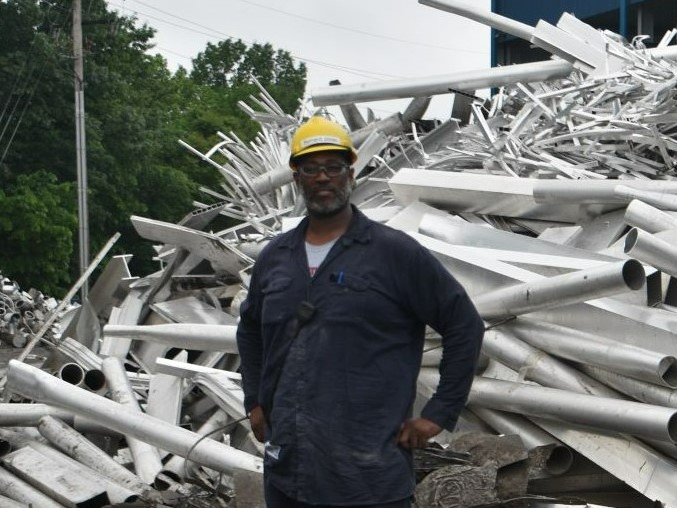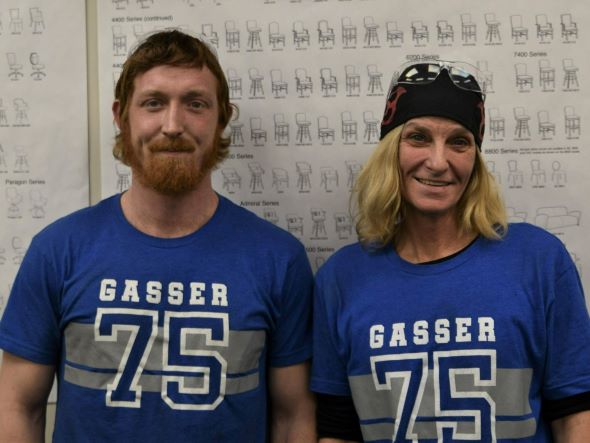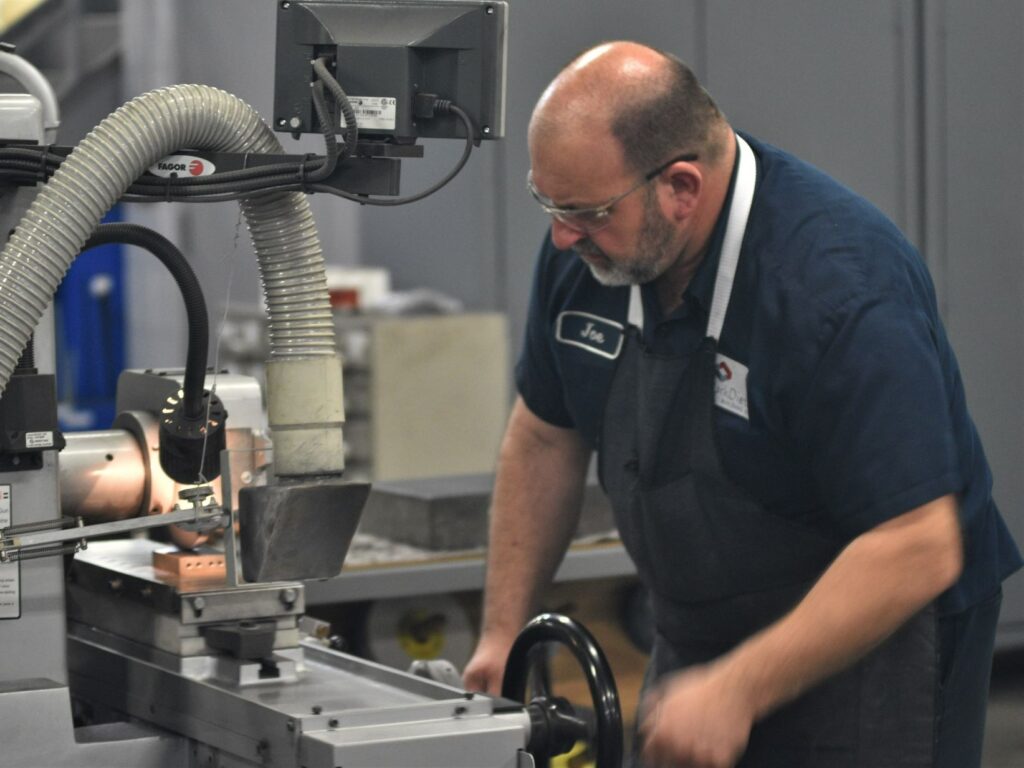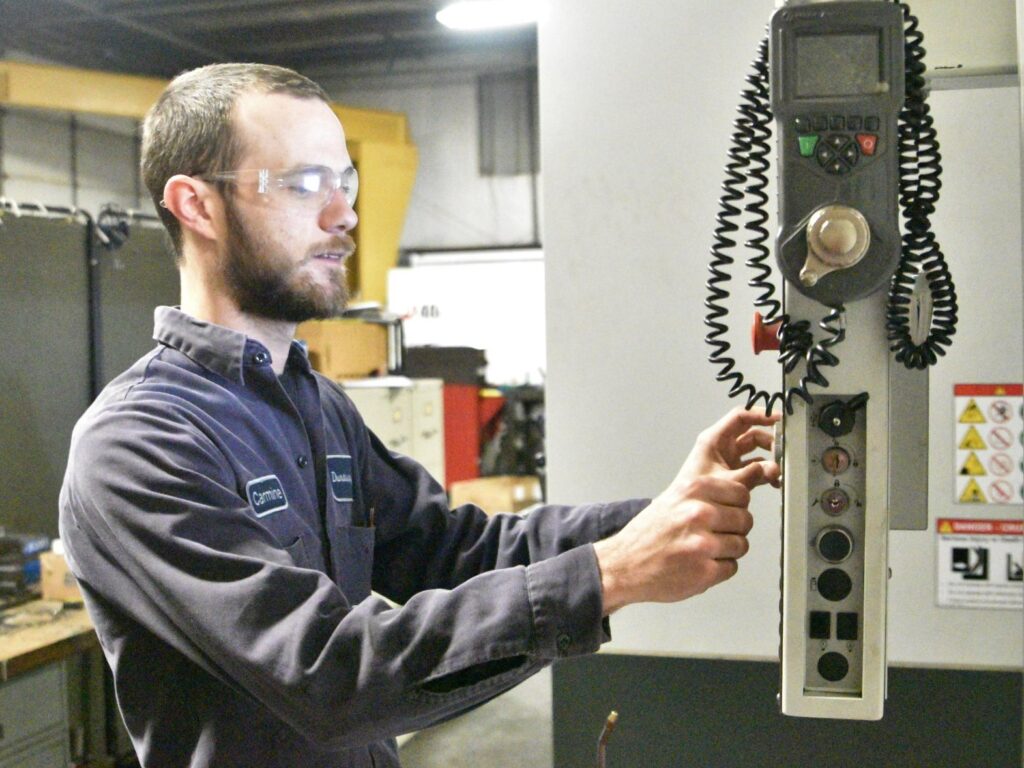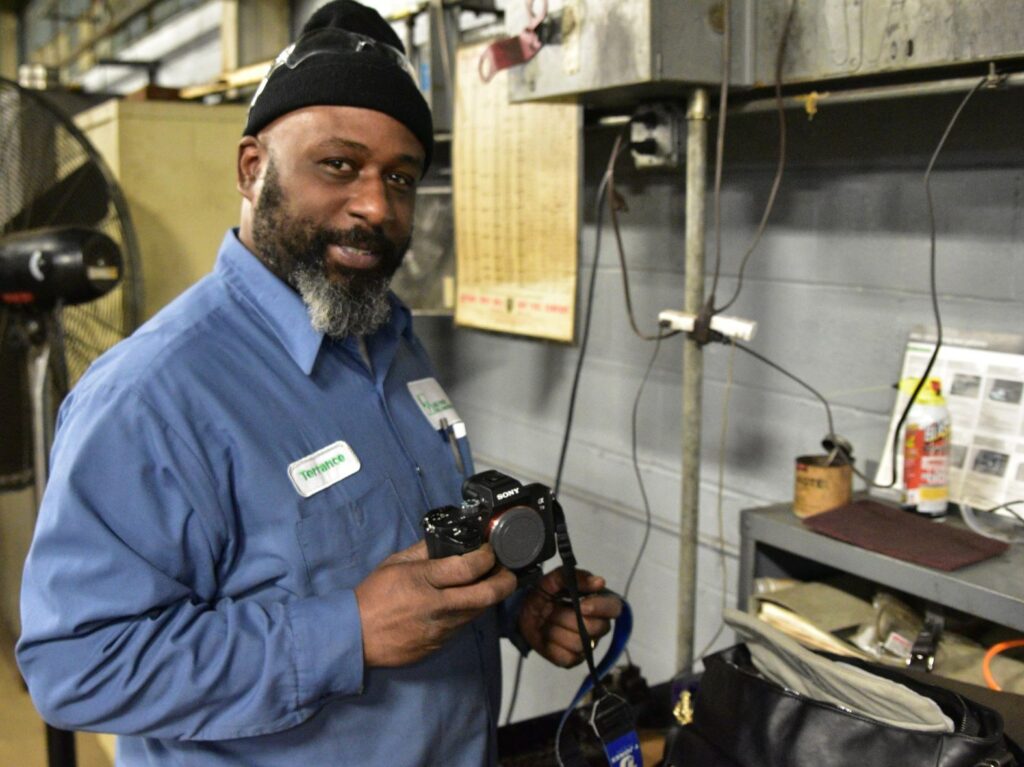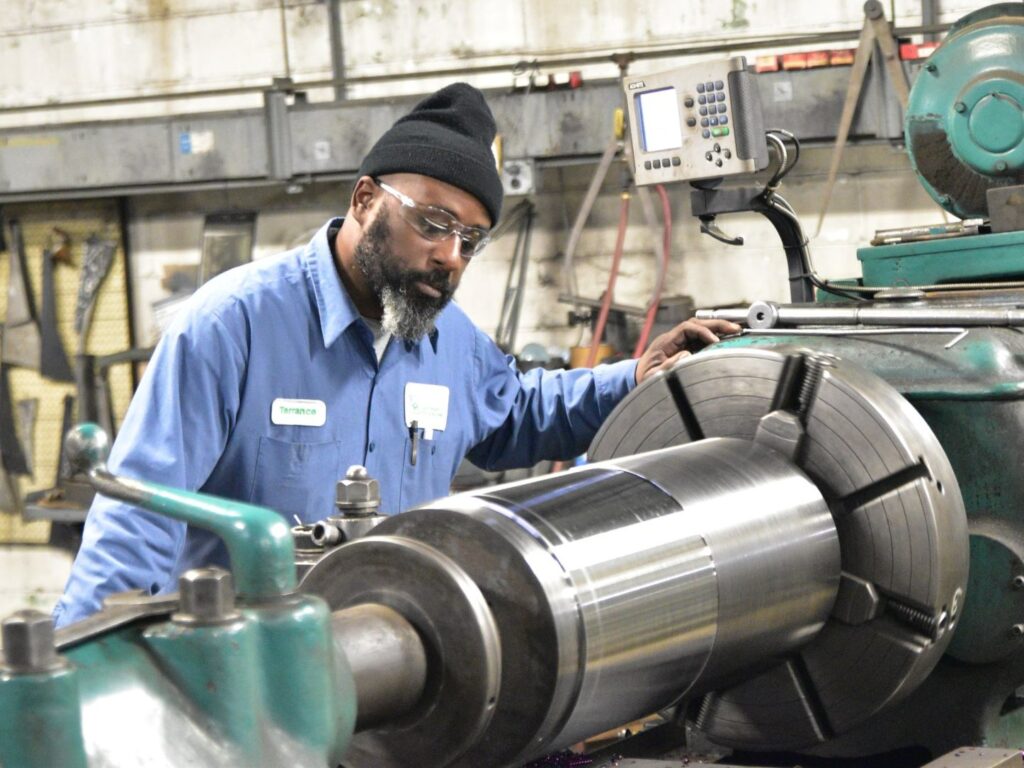TEMA is woman-owned by CFO Margaret (Meg) Froelich. She is married to owner and president Thomas Froelich Junior. Before TEMA existed, Thomas worked at Roth Bros. and eventually became owner. His father-in-law, Bill Charles, led the development of the roofing division at Roth Bros. and was Thomas’s boss and mentor throughout his career. Charles serves as senior consultant at TEMA Roofing with nearly 60 years’ experience.
In 2011, Thomas and his partners sold Roth Bros. to Sodexo. After that, Thomas and Meg started building TEMA and have made an impression in the roofing world ever since.
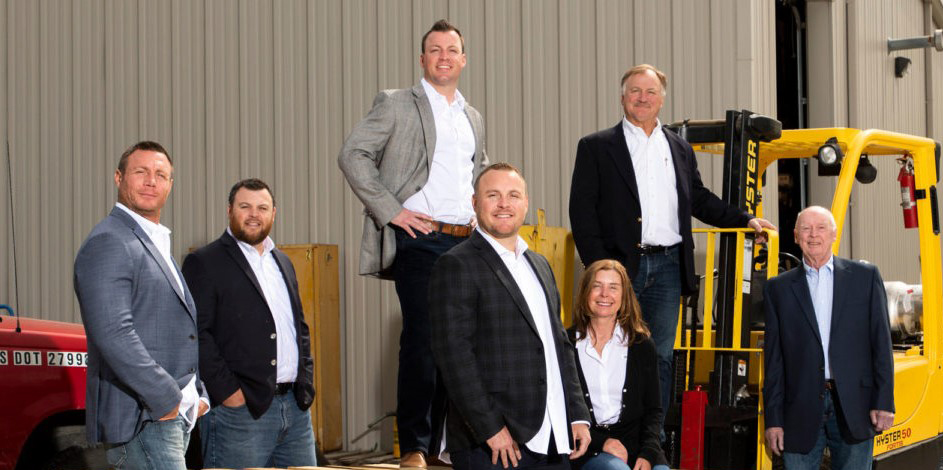
So, why “TEMA”?
The letters stand for ‘Thomas Edward Margaret Ann’. As part of the logo, the five bars next to the name represent the couple’s five children. The sons, Justin, Adam, Scott and Tommy all carry the title of vice president at TEMA. Their daughter, Kate, is in the health and fitness world but organizes the wellness program at the company.
Right now, TEMA has at least 40 employees. The company serves northeast Ohio and western Pennsylvania and does some business around the country. As expected, the spring and summer are busy seasons.
TEMA has a lot of contracts with area schools, so this is the time crews are out doing maintenance and repair for those buildings. The company most recently learned it will be doing work at the new recreation and wellness center at Warren G. Harding High School. It’s one of the biggest projects landed in the last five years.
Reputable roofing
Along with a good reputation and integrity, a presence in the market is what drives TEMA’s growth. Megan Wine, the business development executive, says customer service is a big part of the vision and mission for the company.
“Coming to a smaller, family company, it’s good they have heart and passion behind what they do. They genuinely care about their employees and the people they do business with,” Wine said.
She has been with the company for two years and was promoted to her position in January 2023. Her role includes being at community events, sales and promoting TEMA’s services for industrial and commercial roofing – including the asset management program.
“We work with companies that have anywhere from one building to multiple complexes or facilities,” Wine said.
TEMA offers multiple programs like leak repairs, restoration, preventative maintenance and new construction. There’s also an emergency response team available anytime for commercial customers.
Community connection
The family prides itself not only in building partnerships and good relationships but also in giving back to the community. This year, two of the sons attached big accomplishments to their names.
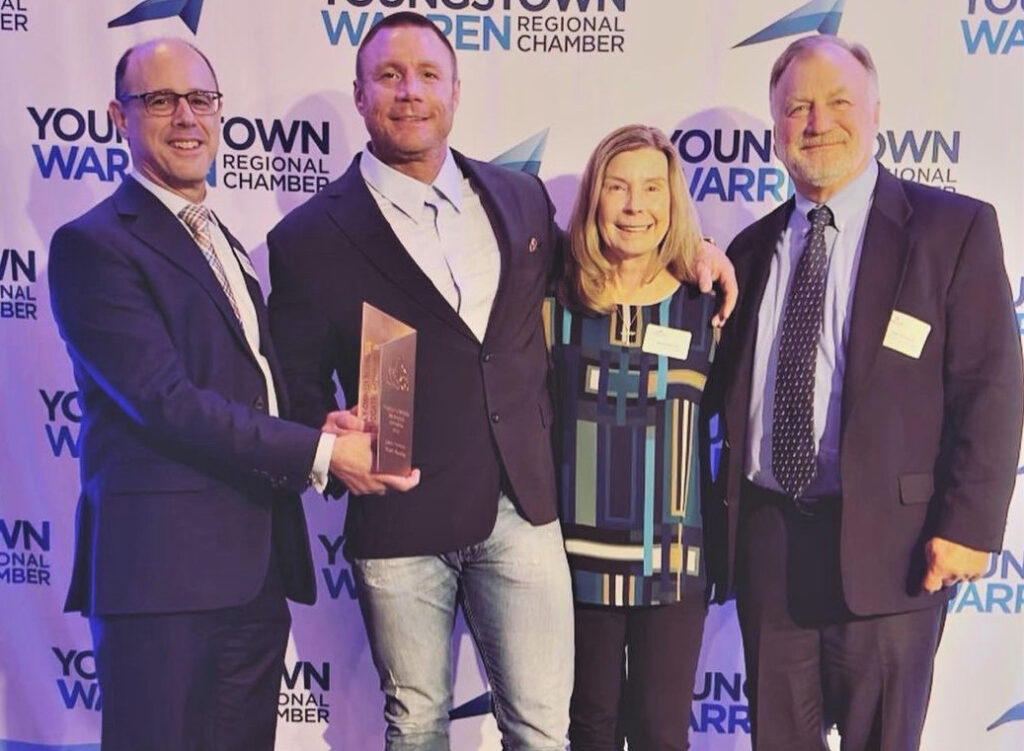
Justin Froelich was presented with the Business Advocate of the Year award through the Youngstown-Warren Regional Chamber. He’s involved with the chamber, the Youngstown Rotary Club, Youngstown Business Incubator, United Way of Youngstown and the Mahoning Valley and the Salvation Army, to name a few. Scott Froelich was named president of The Builders Association where he’s been a member since 2017 and is active with the American Seniors Housing Association.

